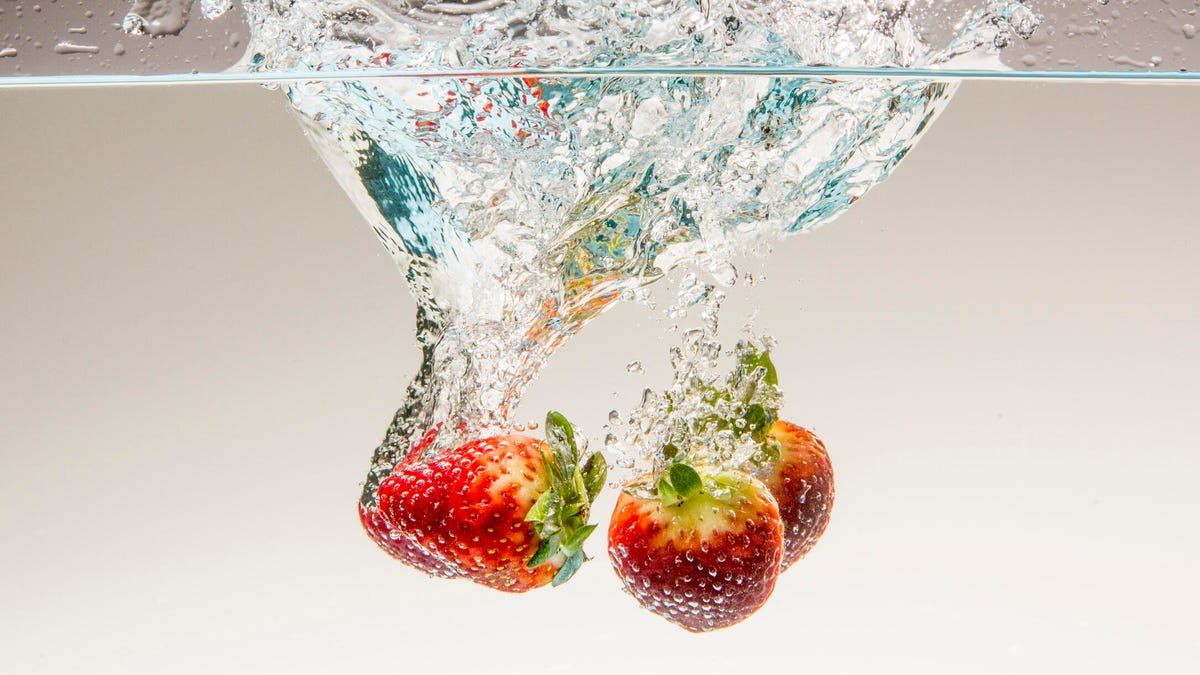For those struggling to drink enough water daily, integrating hydrating foods into your diet can be a practical solution. While these foods should not replace drinking water, they can complement your hydration efforts and enhance your overall diet. Many people find plain water unappealing, but adding flavorful options can make a significant difference.
Why Hydration Matters
Dietary guidelines suggest that adults consume two to three servings of fruit and three to four servings of vegetables each day. According to Gabriela Barreto, a registered dietitian and sports nutritionist, including a variety of hydrating fruits and vegetables not only meets these guidelines but also aids in hydration.
It is estimated that 20% to 30% of an individual’s fluid requirements can be met through food. Barreto emphasizes that the combination of carbohydrates, fluids, and sodium is essential for optimal hydration. She states, “Carbohydrates are important for optimizing water and sodium absorption in the body.”
Here are six hydrating foods that can help you stay on track with your hydration goals:
1. Watermelon
Beyond being a summertime favorite, watermelon is made up of about 92% water and is rich in antioxidants and other vital nutrients, including vitamins A and C, magnesium, fiber, and lycopene. Barreto recommends trying a refreshing cucumber and watermelon salad enhanced with lime, mint, and a sprinkle of salty feta, which supports water absorption.
2. Cucumbers
Comprising 95% water, cucumbers are an excellent addition to your meals. They provide essential vitamins such as vitamin K, magnesium, and potassium. Due to their low-calorie nature, they are perfect for those wanting to feel full while managing their weight. Cucumbers can easily be enjoyed in salads, sandwiches, or simply on their own.
3. Squash
Versatile and delicious, squash, particularly summer varieties like zucchini, boasts a water content of 94% and is packed with vitamin C, potassium, and fiber. Incorporating squash into dishes such as soups, stir-fries, or salads can keep you hydrated and satisfied for longer periods.
4. Strawberries
Delicious and nutritious, strawberries are composed of 91% water and contain antioxidants, vitamins, and minerals, including vitamin C, manganese, and folate. These berries are easy to include in smoothies, yogurt, and salads, making them an enjoyable way to bolster hydration while satisfying your sweet cravings.
5. Leafy Greens (Lettuce, Spinach, and More)
Leafy greens like lettuce and spinach have high water content—lettuce at around 96% and spinach also delivering significant hydration. These greens are not only low in calories but are also rich in vital nutrients such as folate, fiber, and vitamins K and A. Mixing various greens offers a nutrient-dense salad option that promotes hydration.
6. Citrus Fruits
Citrus fruits—such as oranges, grapefruits, and limes—contain approximately 80% water, making them effective for hydration. Rich in vitamin C and fiber, they also support your immune system. Citrus can be seamlessly incorporated into fruit salads or as a zestful addition to both waters and salads, enhancing flavor while promoting hydration.
Assessing Your Hydration Levels
Your hydration needs depend on various factors, including body size, activity level, and perspiration rate. Barreto identifies two primary indicators of hydration: thirst and urine color. She states, “Drinking to thirst can be appropriate for most individuals to maintain their hydration levels, and as for urine, you’re looking for a pale yellow color.”
Morning urine may vary in color due to overnight dehydration, and those taking vitamin B supplements may notice their urine appears brighter. Barreto recommends considering hydration supplements, like Skratch, especially for those with active lifestyles or outdoor workers. She suggests choosing products with 300 to 500 milligrams of sodium and roughly 20 grams of carbohydrates for optimal effectiveness in maintaining your body’s hydration levels.
It is also worth noting that while electrolyte drinks can facilitate rehydration without carbohydrates, they might not be as effective, so it is essential to read product labels carefully when choosing the right beverage for your hydration needs.
Incorporating these hydrating foods into your diet not only supports hydration but also adds vital nutrients to your meals, contributing to overall health and wellness.






